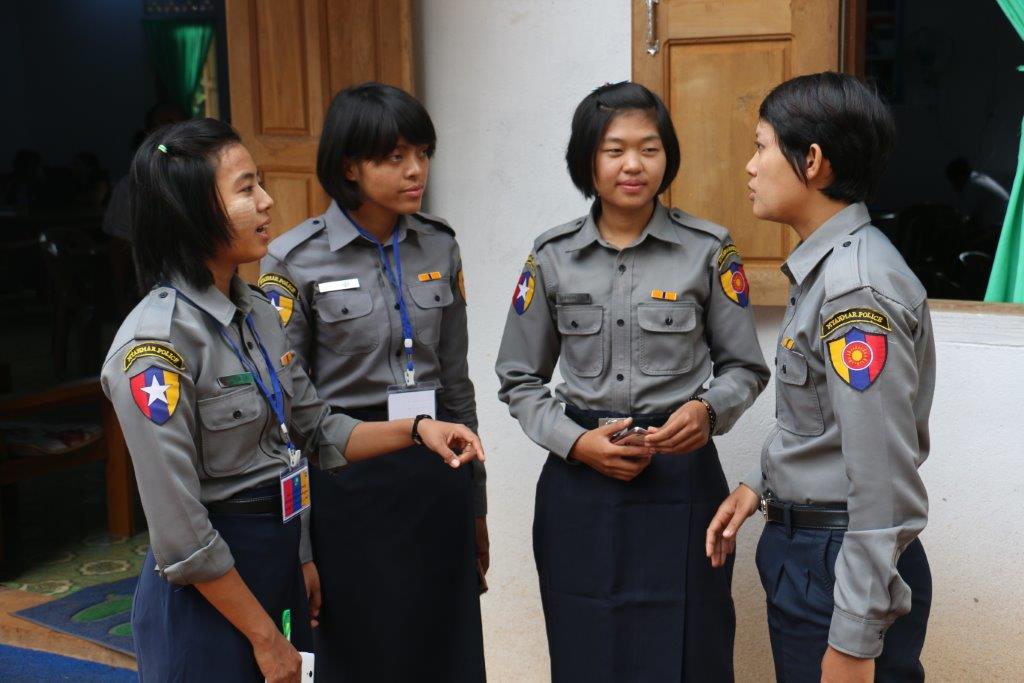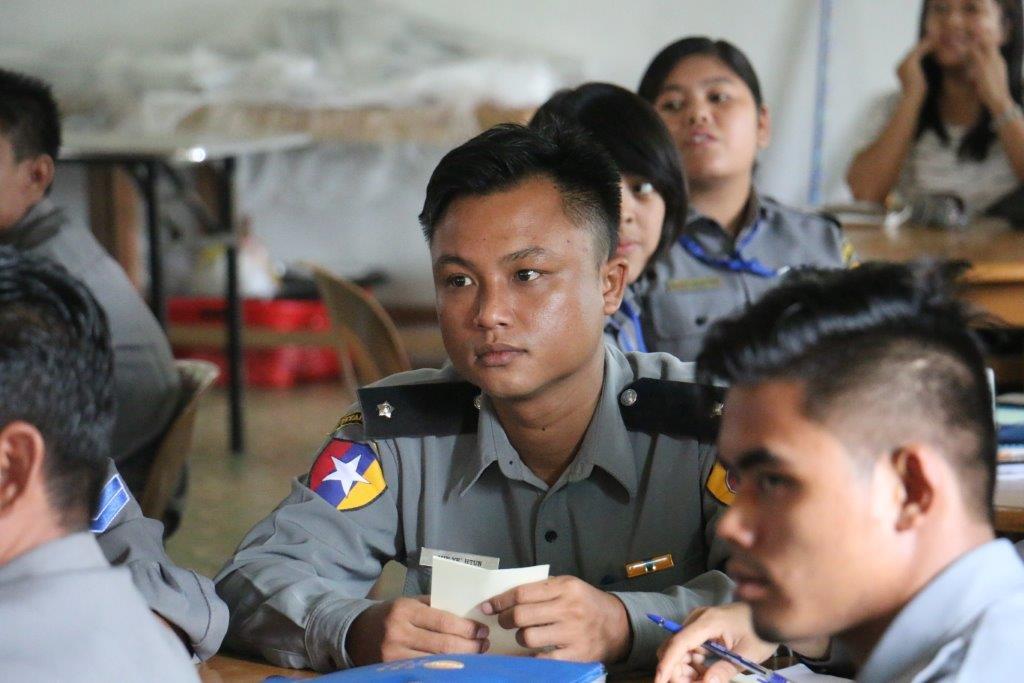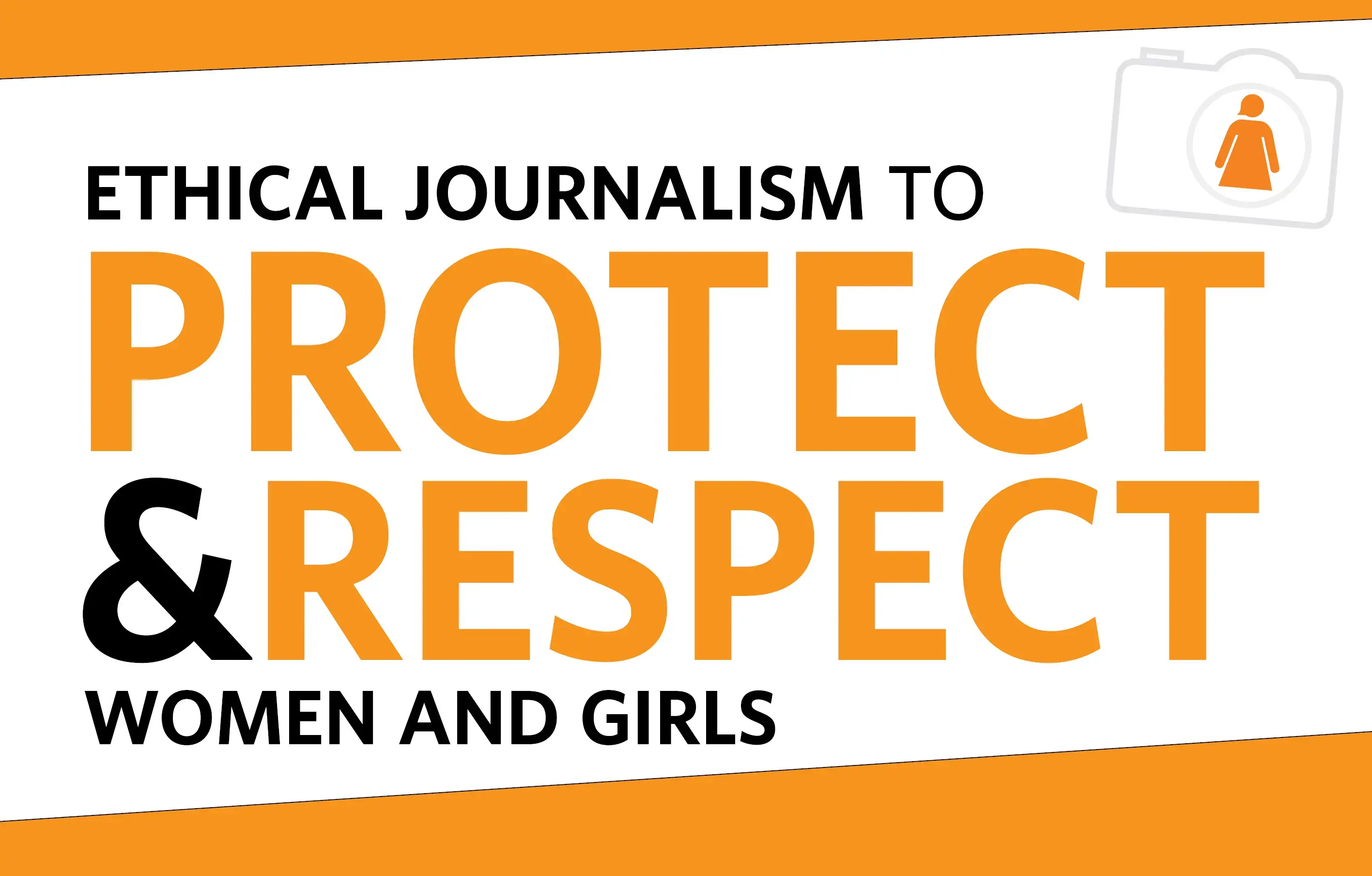Building on an initiative that began earlier this year, UNFPA and the Myanmar Anti-Narcotics Drug Association (MANA) is organizing a series of capacity building trainings to raise awareness about gender-based violence (GBV) for the police of Myanmar in Rakhine, Kachin and Northern Shan States, where GBV is prevalent. The objective is not only to raise awareness of GBV, but also to highlight the key role police have to play as duty bearers in both the prevention of, and response to GBV.
A second training for police in Myitkyina, Kachin State, was held in August. A total of 52 police (both male and female) from different townships participated in the two day training. They first learned about the concept of GBV, and the needs of survivors. On the second day they were introduced to national and international legal frameworks that provide women and girls with protection from violence.
One male police officer from Bhamo Township said: “Our deeply rooted ideas and misconceptions of GBV have been challenged. Even though I am familiar with GBV cases, I have never thought of the consequences that survivors face. Now I understand that when a survivor of GBV comes to the police, all responses should be survivor-centred.”
One female police officer said: “UNFPA and MANA should organize this kind of training more often. As a member of the police even I thought that some forms of GBV were private matters, not a criminal case, but now I am clearer. I know now why we should follow GBV guiding principles, in particular the need to have more female police and confidential rooms for survivors.”
Her sentiments echo a widely held belief across the country that GBV is a “private family matter” and that violence is justified because women are expected to be subordinate to men. These cultural norms and traditions need to be challenged so that survivors feel safe to report GBV, and that the necessary response services are put in place to ensure that women have access to justice.
At the training in Lashio, Northern Shan State, a male police officer said: “This training gives us a different idea about protection of women and girls. Even as a police officer, I didn’t know that GBV is a crime. Now I will use the learnings from the training to conduct public awareness raising sessions.”
A female police officer said: “This training is really helpful for me because I received a lot of useful information that I can apply in practice, especially the importance of timely referral to medical services. I now have the confidence to share GBV knowledge within the community, not only as a police staff, but also as a woman in my community.”
This is part of a wider initiative by UNFPA to support the development of national policies responsive to the needs of women and girls. Building on the existing National Strategic Plan for the Advancement of Women (NSPAW) (2013-2022), UNFPA aims to increase the access of women and girls to a comprehensive, rights-based and integrated package of gender-based services including GBV response and service delivery, and increased access to justice, economic empowerment and protection and participation in the peace process.




